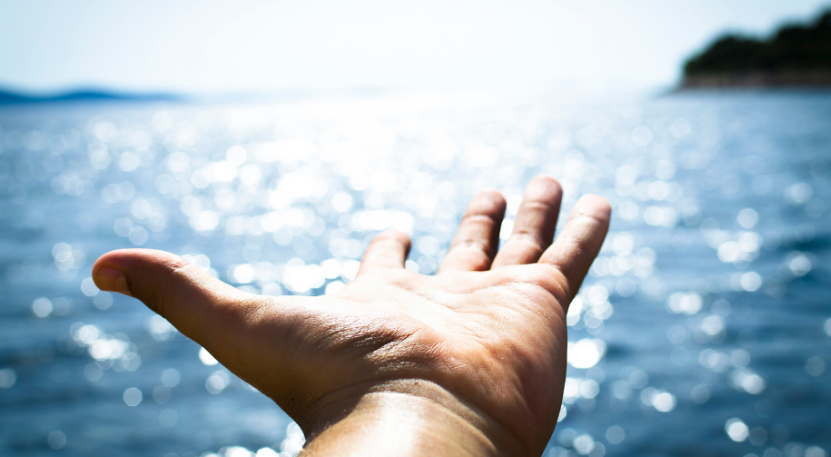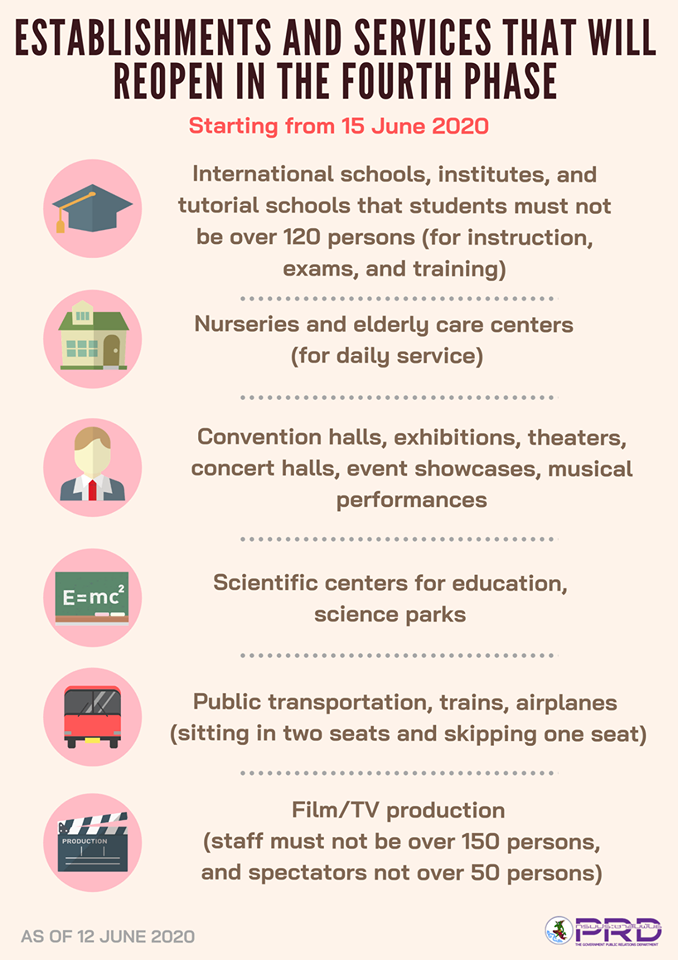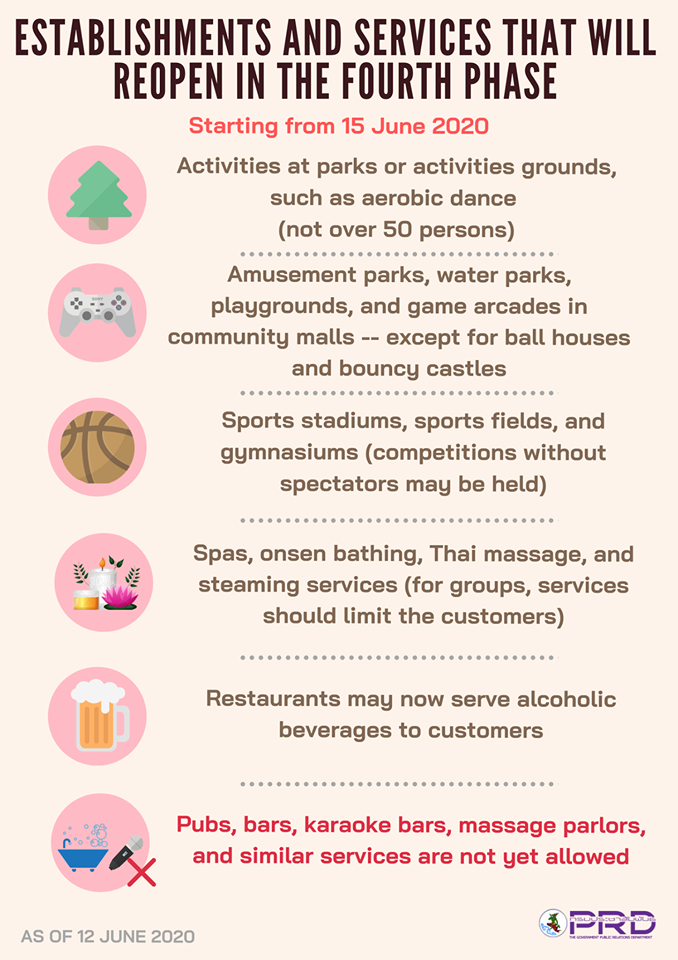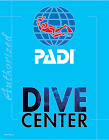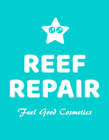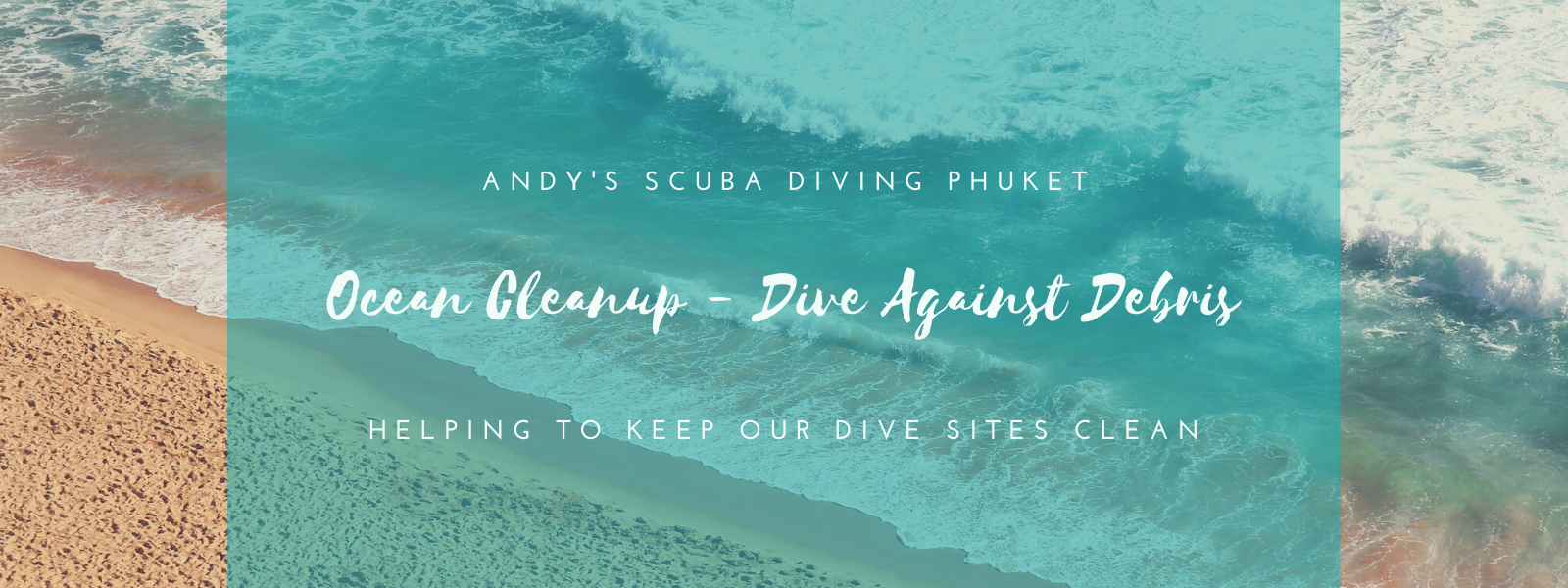
Guest Blog by Divemaster, Spencer Edgerton-Smith AKA thedivedaddy
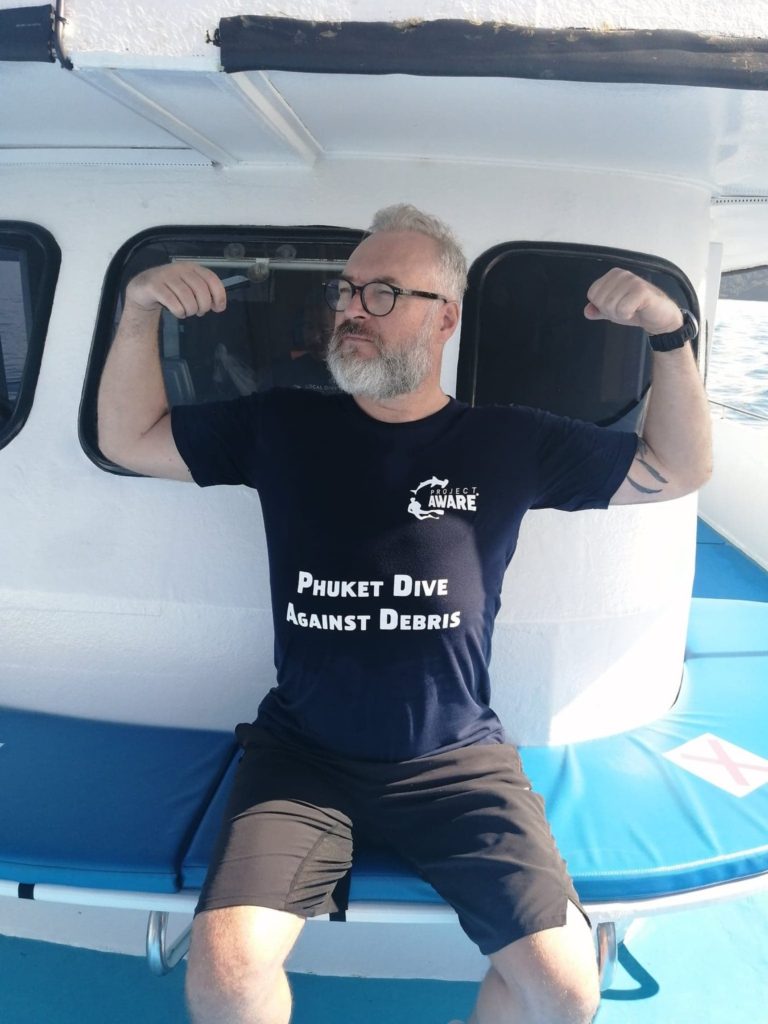
The Dive Daddy
Part 1 Racha Yai
@andyscubadivingphuket and I organised a Dive Against Debris #diveagainstdebris trip to Racha Yai in collaboration with @localdivethailand on board MV Kebsup on the 14th July.
Here are a few of my thoughts from the day to put some context to our cleanup experience..
Overall our day was really positive in the fact we collected a tiny amount of single use plastic, none of which were bottles or shopping bags etc. No domestic litter like food wrappers/containers or medical/personal hygiene products. Our biggest haul was old fishing lines with hooks and sinkers with the odd battery and plastic pipe thrown in for good measure. Hardly any of the fishing line was new so we really didn’t find much in the way of recent human waste. Very positive.
There are a few conclusions that we can draw from Dive Against Debris day’s limited waste collection based on current global circumstances, our past experiences diving the site and diving other sites near by.
Covid 19 – Thailand has had a tourism freeze for the last 4 months due to the global pandemic plus in the early stages of the pandemic all dive centres/tourist agency were closed and boats were docked. Only recently have we seen limited boat traffic going out to established dive sites with heavily reduced diver numbers.
Less boats = less people = less waste. A very simplistic view.
Dive centre environmental awareness – dive centres on Phuket are, on the whole, active advocates of clean oceans and the work of @padiaware so very popular dive sites tend to be relatively waste free with yearly Dive Against Debris days and dive instructors/guides picking up trash as they go along, in turn encouraging customers to do the same.
Awareness + advocacy x action = less waste
Location and currents – the dive site that we conducted our survey, Racha Yai Bay 1/Homerun Reef, is on the east side of Racha Yai Island.
The Racha Yai east side dive sites tend to be sloping beach to open ocean sites with no natural catch points to hold debris coming from the mainland and nearby countries whereas Racha Noi, the southern most island, catches the currents from Indonesia and Malaysia and holds a lot of debris in its rocky bays.
Currents + topography = less waste
Once tourism kicks back in and more boats start going out to Racha Yai we’ll do another survey in the same spots to compare results and see if the pandemic was a major contributing factor.
We are also planning a #diveagainstdebris day to Racha Noi where we’ve recently seen high volumes of debris so let’s see what results we get from there.
Thanks to the team for their hard work and dedication. Your efforts were greatly appreciated.
Thedivedaddy
#thedivedaddy #projectaware #diveagainstdebris #oceancleanup #lessplastic
thedivedaddy
Dive Against Debris Part 2 Racha Noi
@andyscubadivingphuket organised a second #diveagainstdebris trip in collaboration with @localdivethailand on board MV Kebsup.
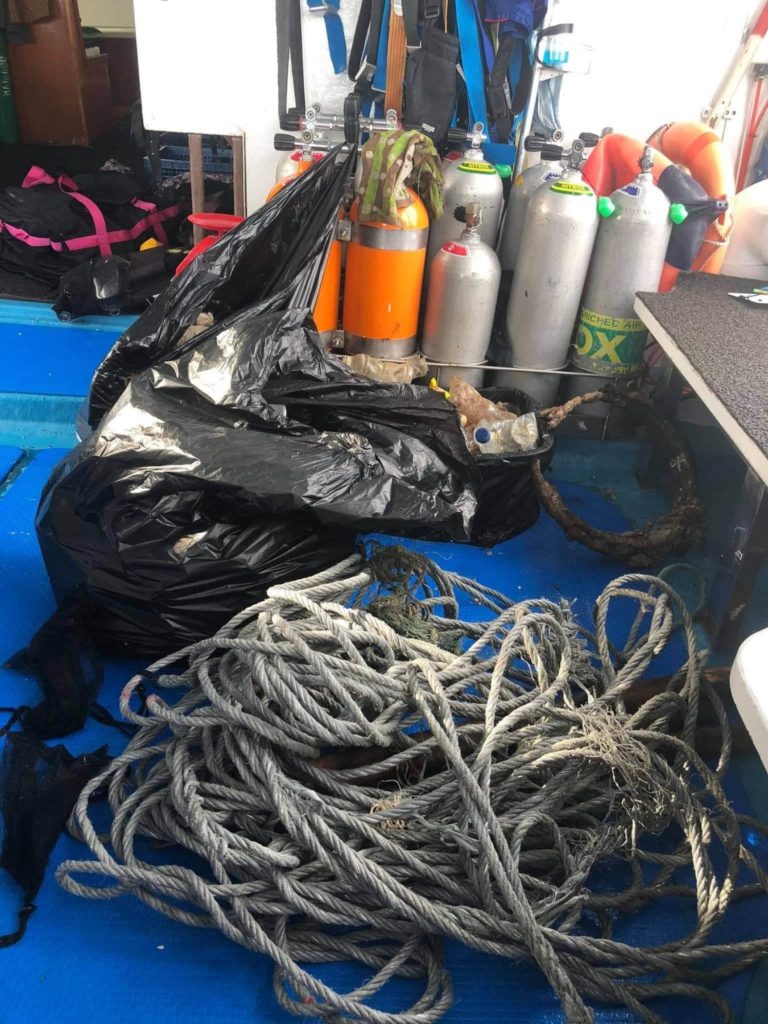
Racha Noi Debris Collection
This time we hit Banana Bay at Racha Noi. We knew from recent diving trips that Racha Noi collects more debris in its rocky bays than Racha Yai and on those trips there was certainly more evidence of plastic waste on the seabed and amongst the reef.
Our #diveagainstdebris crew comprised 4 buddy teams of two divers armed with large mesh debris bags and hip collection bags to maximise our cleanup potential.
We headed into the shallows and spread out. It didn’t take long to pick out the number one item on our debris list, a plastic drinks bottle.
It takes a fair amount of time, temperature and tide action for floating plastic bottles to erode, take on sand and other heavier particles and sink to the sea floor where they are then constantly turned over by the tides and gradually buried in the sand.
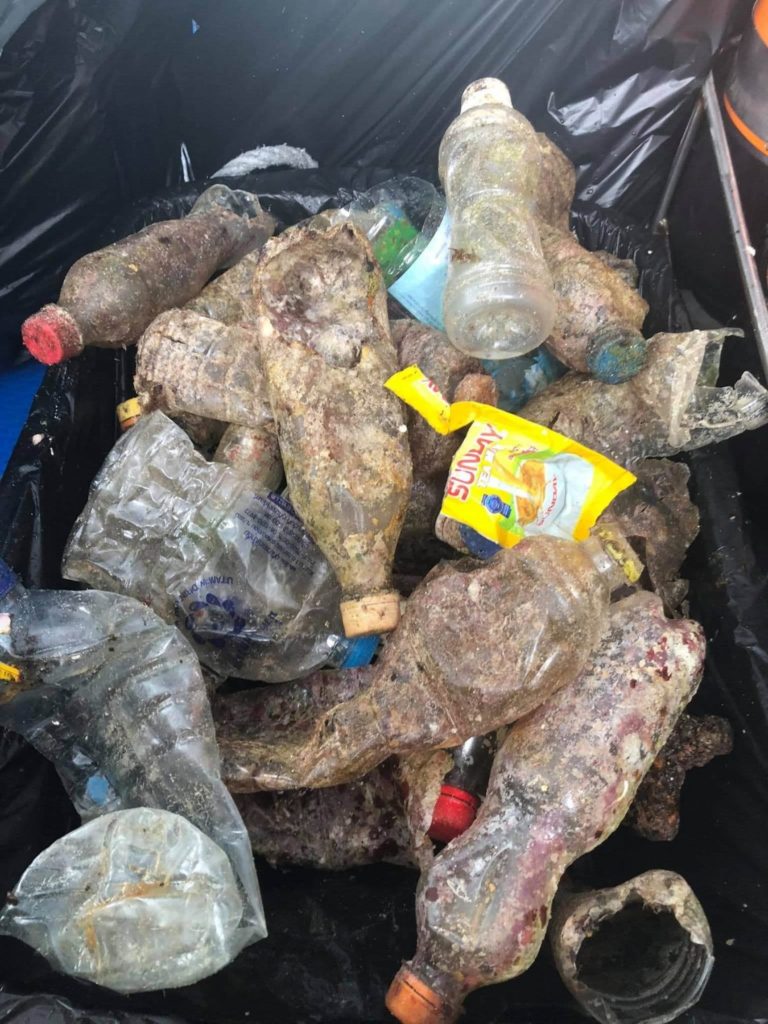
Plastic Bottle Waste
The majority of the 64 bottles we collected underwater appeared to have been in the sand for a relatively long time. In the shallows, half buried and covered in silt the bottles aren’t in the usual diving areas and easily missed if anyone happens to go that shallow.
Fishing rope, netting and line were our second biggest underwater find. Although our recorded numbers were low, 38 individual pieces, the lengths and thickness of rope and netting we collected were a lot more substantial in mass.
Again the majority of rope, netting and line had been on the seabed for long enough to be half buried in the sand and covered in silt.
Other less substantial finds included drinks cans, glass bottles, plastic cups, food wrappers and a pair of swimming trunks (they didn’t fit me 😉
 PADI Introduction to Open Water Diver eLearning is sample of the PADI Open Water Diver eLearning product that allows potential new divers a chance to interact with the PADI Open Water eLearning material prior to purchasing the course.
PADI Introduction to Open Water Diver eLearning is sample of the PADI Open Water Diver eLearning product that allows potential new divers a chance to interact with the PADI Open Water eLearning material prior to purchasing the course.







